![Roles and Responsibilities of a Cloud Engineer [2025] 1 Post thumbnail](https://www.guvi.in/blog/wp-content/uploads/2023/10/Feature-image-Roles-and-Responsibilities-of-a-Cloud-Engineer.webp)
Roles and Responsibilities of a Cloud Engineer [2025]
Mar 11, 2025 5 Min Read 11792 Views
(Last Updated)
Why have companies increasingly rely on cloud-based solutions? Why is there a demand for skilled cloud computing engineers?
In this article, we will explore the roles and responsibilities of a cloud engineer, the skills required to excel in this field, and the career prospects for aspiring professionals.
Table of contents
- What is Cloud Computing?
- Importance of Cloud Computing
- The Role of a Cloud Engineer
- Key Responsibilities
- The difference between a Cloud Engineer and a Software Engineer
- Daily Tasks of a Cloud Engineer
- Data Migration and Storage
- Cloud Infrastructure Configuration
- Application Development and Deployment
- Cloud Data Storage Management
- Establishing a Secure Cloud Environment
- Ensuring Proper Availability of Services
- Requesting New Technology
- Developing Strategies for Disaster Management and Recovery
- Essential Skills for Cloud Computing Engineers
- Cloud Computing Roles
- Solutions Architect
- Cloud Developer
- Cloud Network Engineer
- Cloud System Engineer
- Systems Operations Engineer
- Cloud Computing Certifications
- 1) AWS Certified Solutions Architect
- 2) Microsoft Certified: Azure Solutions Architect Expert
- 3) Google Cloud Certified - Professional Cloud Architect
- How to Build a Successful Career in Cloud Computing
- 1) Continuous Learning and Skill Enhancement
- 2) Networking and Building Professional Relationships
- 3) Gaining Hands-on Experience
- 4) Keeping up with Industry Trends
- Concluding Thoughts...
What is Cloud Computing?
![Roles and Responsibilities of a Cloud Engineer [2025] 2 Cloud server](https://www.guvi.in/blog/wp-content/uploads/2023/10/cloud-server-653276fc82719-3-1200x675.webp)
Cloud computing is a technology that enables organizations to store, manage, and access data and applications over the Internet instead of relying on local servers or personal computers. It offers a flexible and scalable infrastructure that allows businesses to optimize their operations, reduce costs, and enhance productivity.
Before we move to the next part, you should have a deeper knowledge of cloud computing concepts. You can consider enrolling yourself in GUVI’s Cloud Computing Course, which lets you gain practical experience by developing real-world projects and covers technologies including Azure Command-Line Interface (CLI), Azure Monitor, Azure Resource Manager (ARM) Templates, and tools like Visual Studio Code, among many others.
Importance of Cloud Computing
Cloud computing has become increasingly important in today’s digital landscape. It offers numerous benefits, including:
- Cost Efficiency: Cloud computing eliminates the need for organizations to invest in expensive hardware and infrastructure. Instead, they can pay for the resources they use on a pay-as-you-go basis.
- Scalability: Cloud services can be scaled up or down based on the organization’s needs, allowing businesses to quickly adapt to changing demands.
- Accessibility: Cloud-based applications and data can be accessed from anywhere, at any time, as long as there is an internet connection.
- Data Security: Cloud service providers often have robust security measures in place to protect sensitive data, making it more secure than storing data on local servers.
- Collaboration: Cloud computing enables real-time collaboration and data sharing among team members, regardless of their physical location.
- Disaster Recovery: Cloud-based backups ensure that data is protected and can be easily restored in the event of a system failure or disaster.
The Role of a Cloud Engineer
A cloud computing engineer is responsible for designing, implementing, and maintaining cloud-based systems and infrastructure. They play a crucial role in ensuring the optimal performance, scalability, and security of cloud environments. Cloud computing engineers work closely with other IT professionals and teams to ensure that the organization’s cloud infrastructure meets its specific needs and objectives.
Key Responsibilities
The roles and responsibilities of a cloud computing engineer can vary depending on the organization and the specific job position. However, some common responsibilities include:
- Designing and Implementing Cloud Solutions: Cloud computing engineers are involved in the design and implementation of cloud infrastructure, ensuring that it meets the organization’s requirements. They select appropriate cloud service models (SaaS, IaaS, PaaS) and configure cloud resources accordingly.
- Cloud Infrastructure Management: Cloud computing engineers are responsible for managing and maintaining the organization’s cloud infrastructure, including servers, networks, and databases. They monitor performance, troubleshoot issues, and optimize resource allocation.
- Application Development and Deployment: Cloud computing engineers work with development teams to create and deploy cloud-native applications. They ensure that applications are properly configured to run on the cloud platform and make use of cloud-specific features and services.
- Data Storage and Management: Cloud computing engineers handle the storage and management of data in the cloud. They ensure data security, implement backup and recovery strategies and optimize data storage and retrieval processes.
- Security and Compliance: Cloud computing engineers play a crucial role in ensuring the security of cloud environments. They implement security measures, monitor for potential threats, and ensure compliance with industry regulations and best practices.
- Collaboration and Communication: Cloud computing engineers collaborate with cross-functional teams, including developers, system administrators, and management, to ensure effective communication and coordination. They translate business requirements into technical solutions and provide guidance on cloud-related matters.
The difference between a Cloud Engineer and a Software Engineer
![Roles and Responsibilities of a Cloud Engineer [2025] 3 Software engineer](https://www.guvi.in/blog/wp-content/uploads/2023/10/Software-engineer-2-1200x675.webp)
While cloud computing engineers and software engineers both work with technology, their roles and responsibilities differ.
Cloud engineers focus on the design, deployment, and management of cloud-based infrastructure and services. They specialize in understanding the intricacies of cloud platforms, optimizing resource allocation, and ensuring the security and scalability of cloud environments.
On the other hand, software engineers are involved in the development, testing, and maintenance of software applications. They focus on writing code, building software systems, and ensuring the functionality and performance of applications.
Both roles are critical in the technology landscape, and individuals with expertise in both cloud computing and software development can have a competitive edge in the job market.
Also Read: Promising Scope of Cloud Computing in 2025
Daily Tasks of a Cloud Engineer
A cloud computing engineer’s daily tasks revolve around managing and optimizing cloud-based systems and infrastructure. Here are some of the key tasks they typically perform:
Data Migration and Storage
Cloud engineers are responsible for migrating data from computer systems to the cloud. They ensure a smooth transition of data and optimize storage solutions to meet the organization’s needs. They configure cloud storage options and implement best practices for data management.
Cloud Infrastructure Configuration
Cloud engineers configure cloud infrastructure components such as networking and security services. They ensure that the infrastructure is properly set up to support the organization’s applications and data storage requirements. They optimize network performance, configure firewalls and access controls, and manage virtual machines and containers.
Application Development and Deployment
Cloud engineers work closely with development teams to create and deploy cloud-native applications. They help design and architect applications that are optimized for cloud environments. They ensure that applications leverage cloud-based services and features, such as auto-scaling and load balancing, to enhance performance and availability.
Cloud Data Storage Management
Cloud engineers are responsible for managing data storage in the cloud. They monitor storage usage, optimize storage allocation, and ensure data integrity and security. They implement backup and recovery strategies to protect against data loss and ensure business continuity.
Establishing a Secure Cloud Environment
Cloud computing engineers play a crucial role in establishing a secure cloud environment. They implement security measures such as encryption, access controls, and intrusion detection systems to protect sensitive data. They also ensure compliance with industry regulations and best practices.
Ensuring Proper Availability of Services
Cloud computing engineers are responsible for ensuring the availability and reliability of cloud services. They monitor system performance, identify and troubleshoot issues, and implement measures to prevent service disruptions. They work closely with system administrators and IT teams to ensure high uptime and minimize downtime.
Requesting New Technology
Cloud computing engineers assess new technologies and tools that can enhance the organization’s cloud infrastructure. They research and evaluate new cloud services, platforms, and tools, and make recommendations for their adoption. They stay up-to-date with the latest industry trends and advancements in cloud computing.
Developing Strategies for Disaster Management and Recovery
Cloud computing engineers develop strategies and plans for disaster management and recovery. They create backup and recovery procedures, test them regularly, and ensure that the organization’s critical data and applications can be restored in the event of a disaster. They also implement measures to mitigate the impact of potential disruptions.
In addition to these technical tasks, cloud computing engineers also need to possess certain non-technical skills to excel in their roles. These skills include effective communication, innovative thinking, flexibility, leadership abilities, and problem-solving skills.
Essential Skills for Cloud Computing Engineers
To succeed as a cloud computing engineer skills are essential. Here are some key skills that cloud engineers should focus on developing:
Cloud Computing Roles
Cloud computing engineers can specialize in different areas based on their skills and interests. Here are some common types of cloud computing engineers:
Solutions Architect
Solutions architects focus on solution-level decision-making and analysis. They work closely with clients or organizations to understand their business goals and design cloud-based solutions that align with those goals. Solutions architects provide a blueprint for future cloud implementations and ensure technological solutions support business objectives.
Cloud Developer
Cloud developers are responsible for implementing and maintaining cloud infrastructures. They work with cloud platforms and programming languages to develop and deploy cloud-based applications. Cloud developers should have knowledge of cloud storage systems, virtualization, and containerization technologies.
Cloud Network Engineer
Cloud network engineers specialize in designing and managing cloud network solutions. They analyze clients’ or organizations’ networking needs and identify the best cloud service providers for their requirements. Cloud network engineers configure and maintain responsive cloud networks and ensure secure data migration between networks.
Cloud System Engineer
Cloud system engineers focus on system administration and operations in a cloud environment. They work with virtualization technologies, monitor performance, and optimize cloud systems. Cloud system engineers ensure the smooth deployment and operation of cloud applications and troubleshoot any issues that arise.
Systems Operations Engineer
Systems operations engineers, also known as SysOps engineers, are responsible for system administration in a cloud environment. They manage and monitor cloud-based systems, ensure high availability and performance, and implement backup and recovery strategies. SysOps engineers work closely with other teams to ensure smooth operations and troubleshoot system issues.
Cloud computing engineers can choose to specialize in one or more of these roles based on their interests and career goals. Specialization can provide opportunities for advanced learning and career advancement.
Cloud Computing Certifications
Cloud computing certifications can enhance your knowledge, skills, and marketability as a cloud computing engineer. Here are some popular certifications in the field:
1) AWS Certified Solutions Architect
The AWS Certified Solutions Architect certification is offered by Amazon Web Services (AWS) and validates your knowledge and skills in designing and deploying cloud-based solutions using AWS services. It covers various aspects of cloud architecture, including network design, storage, security, and scalability.
2) Microsoft Certified: Azure Solutions Architect Expert
![Roles and Responsibilities of a Cloud Engineer [2025] 4 Microsoft azure](https://www.guvi.in/blog/wp-content/uploads/2023/10/Azure-1-1200x675.webp)
The Solutions Architect Expert certification is designed for professionals who design and implement solutions on Microsoft Azure. It validates your expertise in cloud solution design, storage, security, and networking on the Azure platform.
3) Google Cloud Certified – Professional Cloud Architect
![Roles and Responsibilities of a Cloud Engineer [2025] 5 google cloud](https://www.guvi.in/blog/wp-content/uploads/2023/10/google-cloud-1-1200x675.webp)
The Professional Cloud Architect certification is offered by Google Cloud and demonstrates your skills in designing and managing cloud architectures on the Google Cloud Platform (GCP). It covers topics such as cloud infrastructure design, network architecture, and security.
These certifications can help you stand out in the job market and showcase your expertise in specific cloud platforms and technologies. They provide a structured learning path and enable you to gain hands-on experience in cloud computing.
Know More: Top 10 High Paying Cloud-Computing Jobs without Coding in 2025
How to Build a Successful Career in Cloud Computing
Building a successful career in cloud computing requires continuous learning, skill enhancement, and keeping up with industry trends. Here are some tips to help you excel in your cloud computing career:
1) Continuous Learning and Skill Enhancement
Cloud computing is a rapidly evolving field, with new technologies and services emerging regularly. To stay ahead, it’s essential to learn and enhance your skills continuously. Stay updated with the latest industry trends, explore new cloud technologies, and invest in professional development through online courses, certifications, and workshops.
2) Networking and Building Professional Relationships
![Roles and Responsibilities of a Cloud Engineer [2025] 6 Networking](https://www.guvi.in/blog/wp-content/uploads/2023/10/Networking-1200x675.webp)
Networking is crucial in any career, and cloud computing is no exception. Build professional relationships with colleagues, industry experts, and cloud computing communities. Attend conferences, webinars, and meetups to connect with like-minded professionals and stay informed about the latest developments in the field.
3) Gaining Hands-on Experience
Hands-on experience is invaluable in cloud computing. Look for opportunities to work on real-world projects, participate in hackathons, and contribute to open-source projects. Building a portfolio of practical projects will demonstrate your skills and make you more marketable to potential employers.
4) Keeping up with Industry Trends
Cloud computing is a dynamic field, with new technologies and trends emerging regularly. Stay updated with the latest industry news and trends by following industry blogs, podcasts, and publications. Join online communities and discussion forums to engage with experts and peers in the field.
Building a successful career in cloud computing requires dedication, continuous learning, and a passion for technology. By staying up-to-date with industry trends, enhancing your skills, and gaining hands-on experience, you can position yourself for growth and advancement in this exciting field.
Concluding Thoughts…
Cloud computing has revolutionized the way organizations store, manage, and access their data. As businesses increasingly adopt cloud-based solutions, the demand for skilled cloud computing engineers continues to rise. Cloud computing engineers play a crucial role in designing, implementing, and managing cloud infrastructure, ensuring optimal performance, scalability, and security.
To excel as a cloud computing engineer, it’s essential to develop a strong foundation in cloud technologies, acquire in-demand skills, and stay updated with the latest industry trends. Certifications can help validate your expertise and enhance your marketability.
Kickstart your career by enrolling in GUVI’s Cloud Computing Course where you will master technologies like matplotlib, pandas, SQL, NLP, and deep learning, and build interesting real-life cloud computing projects.

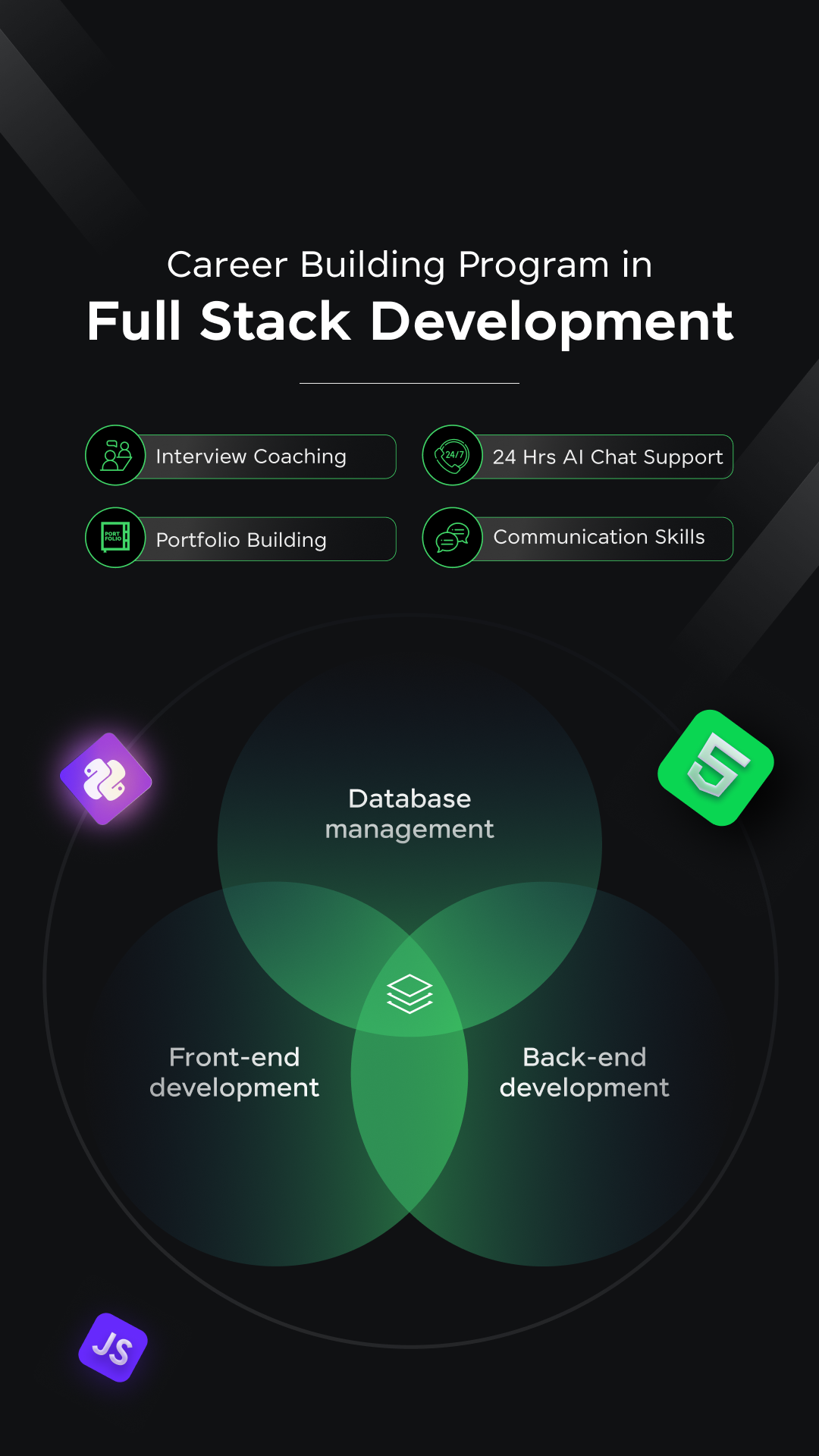
















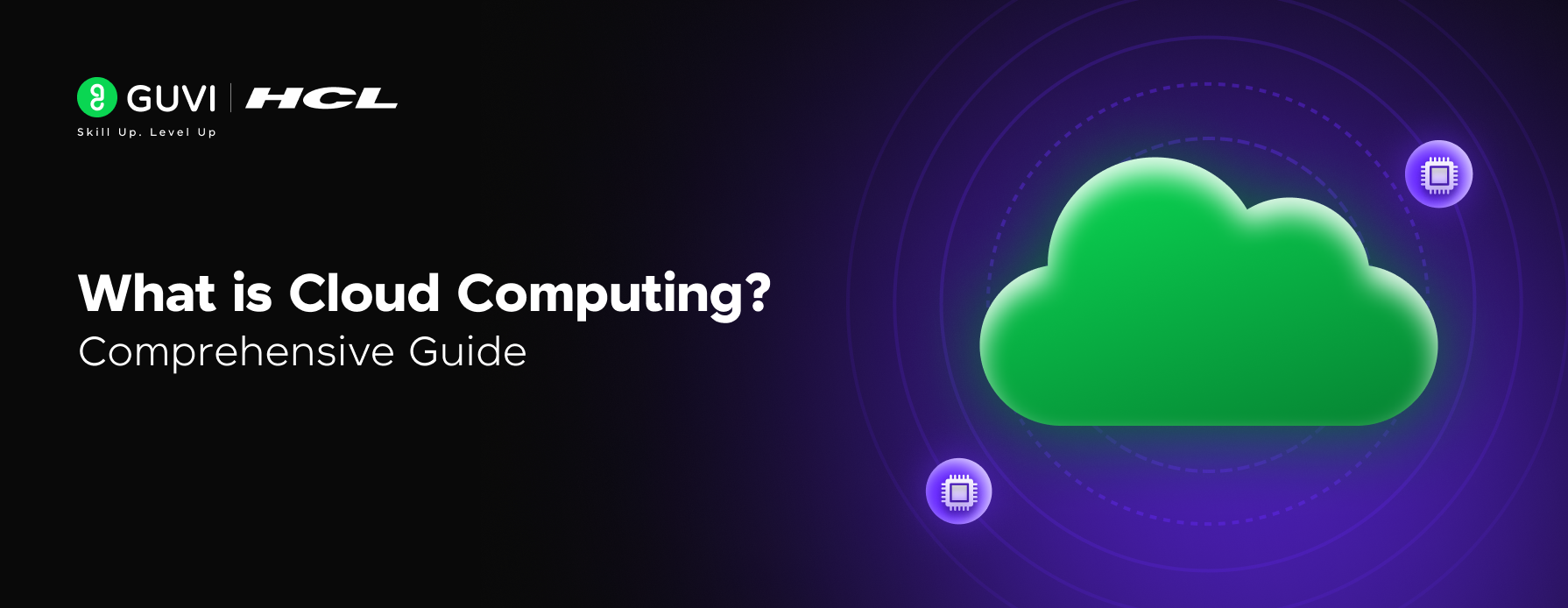
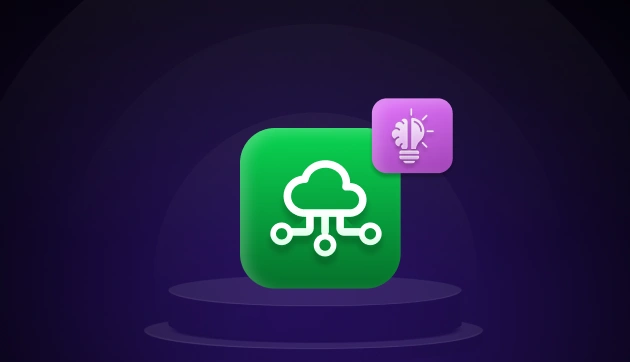



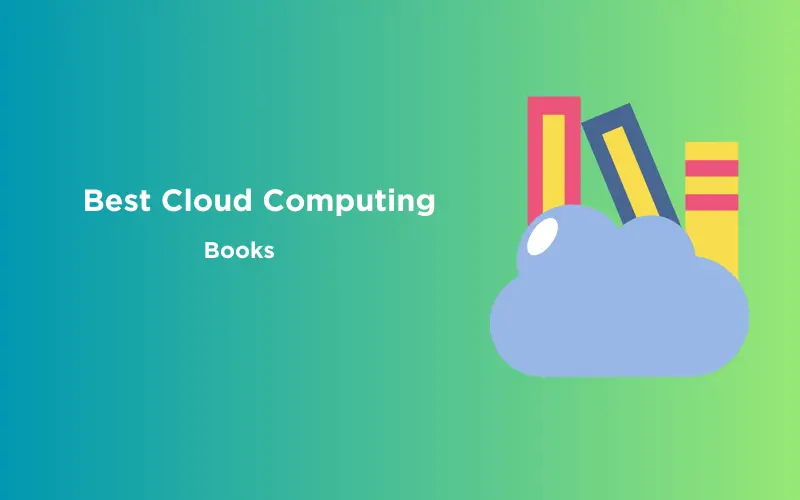

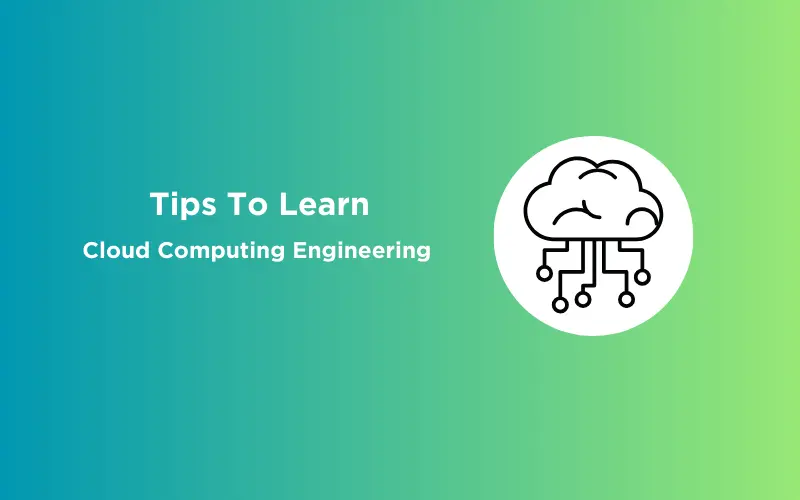


Did you enjoy this article?